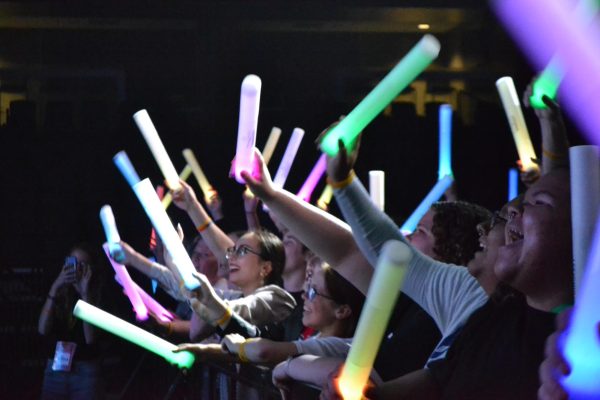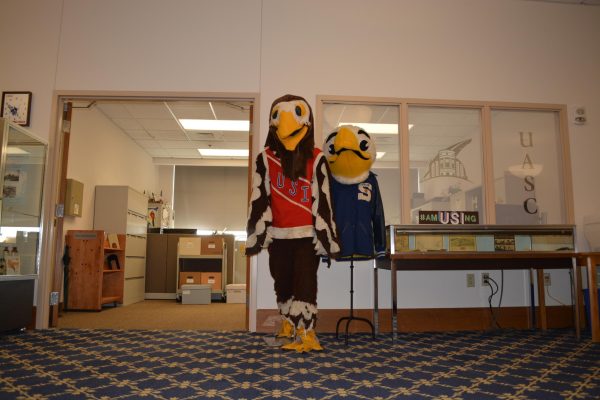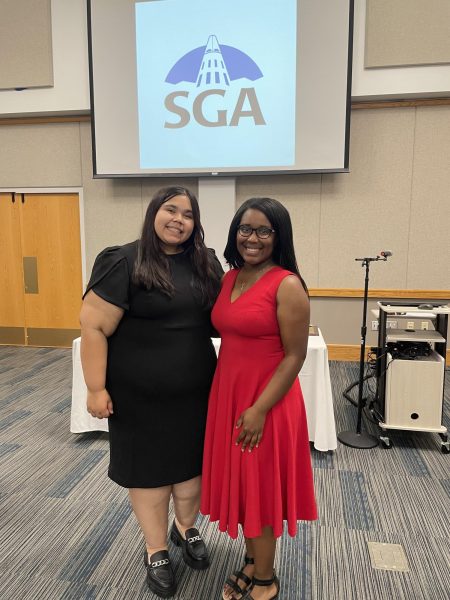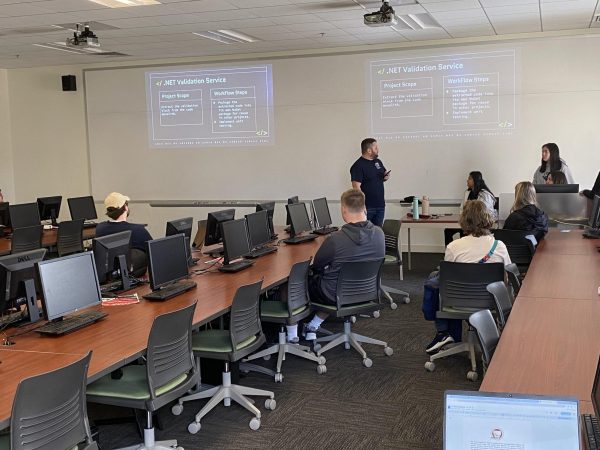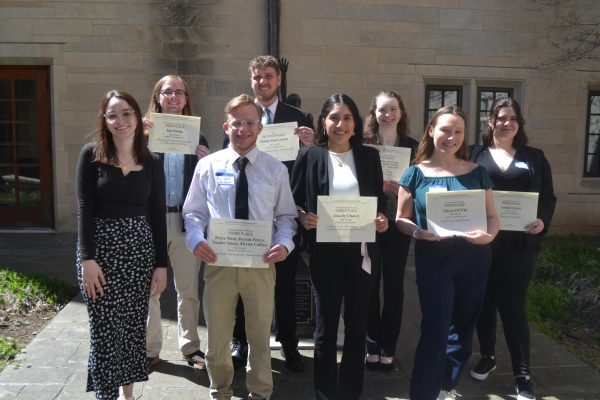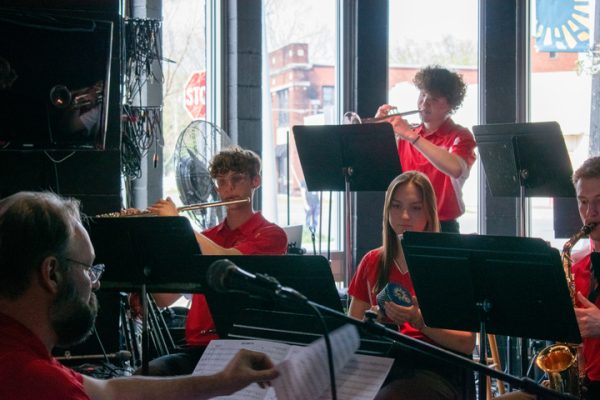Students with disabilities have differing views on accommodations
November 4, 2020
USI students with disabilities have differing views as to whether or not they are accommodated on campus after Seth Pressler was asked to leave campus in October.
There are nearly 7 million disabled students across the United States making up 14% of all public attending students nationwide.
One student, Stephanie Folz, senior history major, said “Since I had that experience from March to May it’s been better than the first time going online,”
Folz is on the autism spectrum. Autism is a developmental disorder that affects a person’s ability to communicate effectively.
For Folz, maintaining her academic career is all a matter of repetition.
“I have a new routine,” she said. “It’s getting smoother down the line where I kind of know what to expect each week.”
According to a recent survey from Pew Research, disabled Americans are less comfortable using technology and disabled students may face unique learning barriers when dealing with online school work. A separate study said that nearly 25% of disabled adults say they never go online.
Many people on the autism spectrum develop routines to help with daily stressors. Routines can also help reduce anxiety by providing structure to their day to day lives.
Folz said that her routine drastically changed after the university went online last semester.
Now she said her online classes are better because they are more structured to her daily routine. She does still struggle, but it’s a far cry from going online last semester.
“Since last spring that was drastically different for me…I do still struggle but it’s hard to explain,” she said. “The stress from some big papers can really put you in a depressive state.”
Elli Crosby, a junior childhood education major, said she too has been under stress. She doesn’t think the university is making necessary accommodations to students with disabilities.
“When teachers don’t provide the necessary materials, I don’t know if I can get through the year,” she said.
Crosby said that she is upset with the university’s decision regarding Seth Pressler. Pressler was attending USI in person until he was asked to leave campus in October due to public safety concerns involving his Tourette’s Syndrome.
”The University says it’s a big supporter of people with disabilities,” she said “but after this I don’t think it’s true.”
Crosby helped schedule a photo op for USI College Republicans in support of Pressler. 14 people held up signs in the quad on Oct. 16 spelling “#STANDWITHSETH”.
She said she can relate to Seth because she was diagnosed with epilepsy, a neurological disorder that causes sudden convulsions. Crosby, like Pressler, cannot control her condition.
“To see something like this happen to a student over something that he cannot control upsets me” Crosby said.
She said that she felt that teachers don’t even read the disability accommodation letters that are sent to them.
Stephanie Folz feels differently.
“I have extra time on tests and I feel like my teachers understand what I’m going through,” she said, “If I need help they’ll help me out as best they can.”
She mentioned the time she reached out to her creative writing professor after receiving a poor grade. She said her teacher reassured her by saying that everyone makes mistakes.
Through their correspondence, She learned a valuable lesson in creative writing.
“In the future, there will be other things to worry about. It’s just a chapter in the story,” Folz said. “It’s not the end.”









